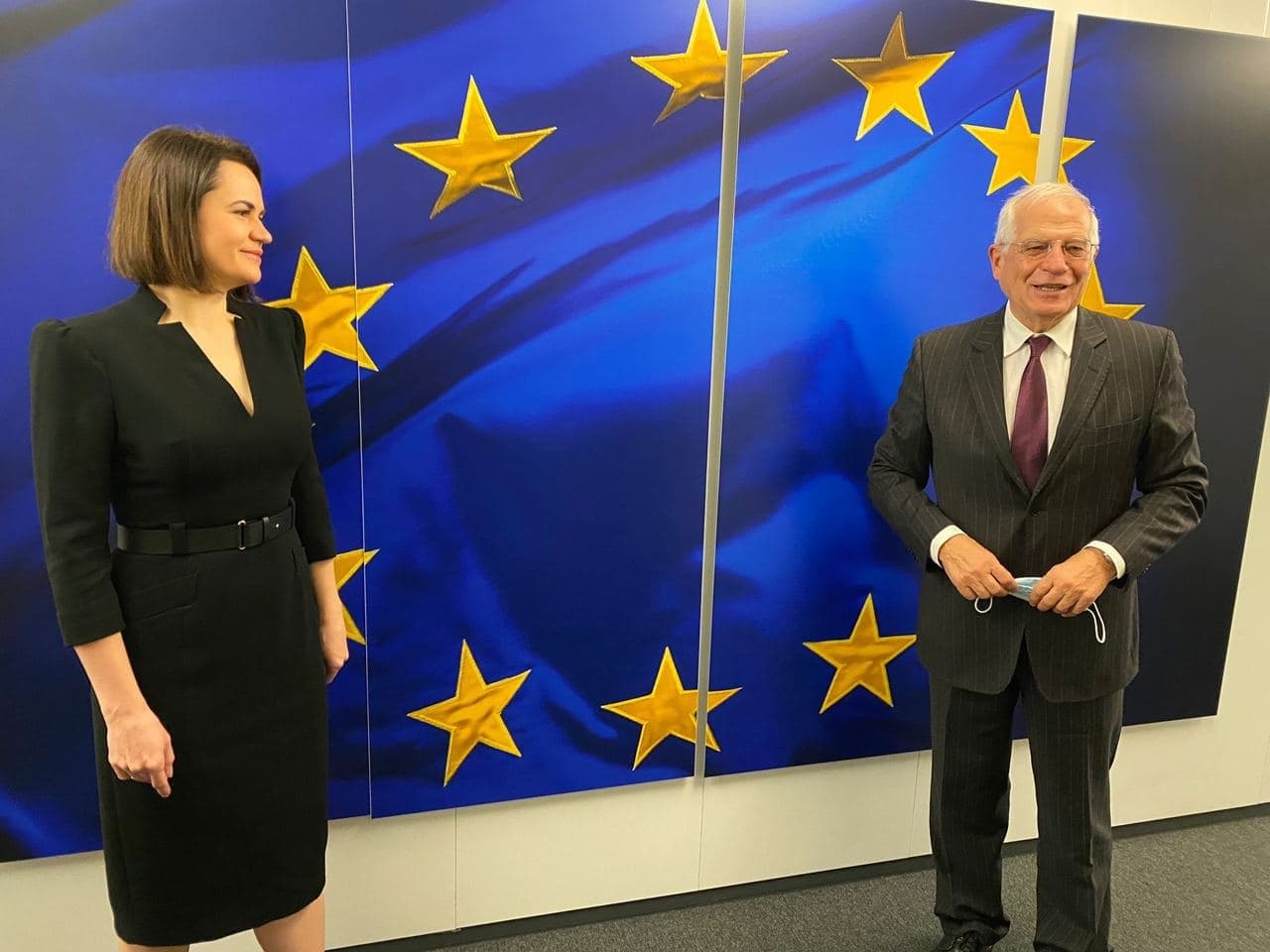The EU bolsters sanctions pressure on Belarus
 The situation got worse
The situation got worse

By Dzianis Melyantsou
Last week, the EU approved the third batch of sanctions against the Belarusian regime, including individuals and entities. Sanctions are unlikely to prompt changes in domestic policies but will deepen the crisis in political relations between Minsk and Brussels.
On December 17, the EU Council decided to add 29 individuals and seven entities to the sanctions list. Entities include the Belarusian Presidential Administration, Beltechexport CJSC, Dana Holdings / Dana Astra, Sinezis LLC, Agat OJSC, “140 Repair Plant” OJSC, and the “Minsk Wheel Tractor Plant” (MZKT) OJSC. Two businessmen, Alexander Shakutin and Nikolai Vorobei, who, according to the EU, sponsor the Lukashenka’s regime, were also included in the list.
The Belarusian Foreign Ministry’s response to the EU sanctions was sharply-worded. Foreign Ministry spokesman Anatoly Glaz called them “completely stupid, short-sighted and flawed by all means, only leading to negative consequences, including for those lofty goals and ideals which the EU allegedly defends.” He also said that Belarus had already prepared countermeasures, some of which would be “quite sensitive”.
It should be noted that until now, Belarus has never imposed retaliation sanctions against the West. The countersanctions imply that the conflict between Belarus and the West yet has not hit its lowest and that Minsk is ready for a protracted crisis and a demonstration of the futility of the measures taken by the West.
Simultaneously, Sviatlana Tsikhanouskaya’s diplomatic activity in the EU continued. As the leader of the Belarusian opposition, she met with the President of Germany, Frank-Walter Steinmeier; during her visit to Brussels, she held meetings at the European Parliament and the European Commission.
Subscribe to our newsletter




Situation in Belarus
Constitutional referendum: main consequences


 Video
Video
How to count the political prisoners: are the new criteria needed?


 Video
Video
Paternalism In Decline, Belarusian Euroscepticism, And The Influence Of Russia


 Video
Video












